Trump's NATO Rebuke Falls Flat: EU Stands Firm on Russia Energy Deals
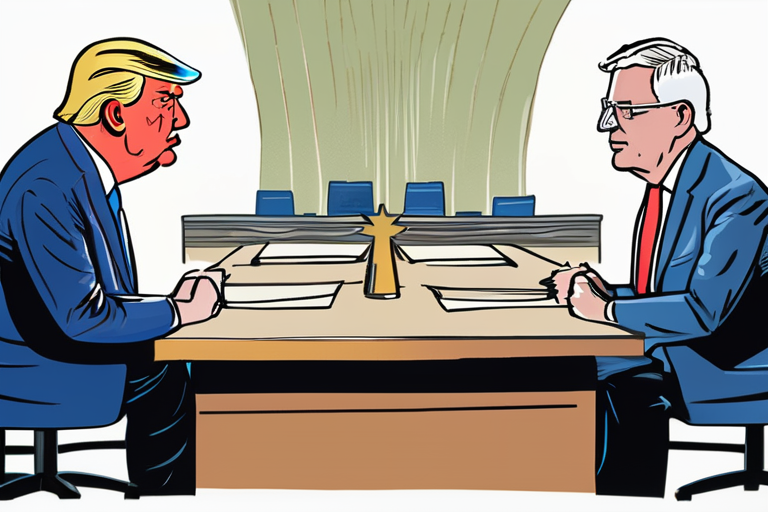

Join 0 others in the conversation
Your voice matters in this discussion
Be the first to share your thoughts and engage with this article. Your perspective matters!
Discover articles from our community
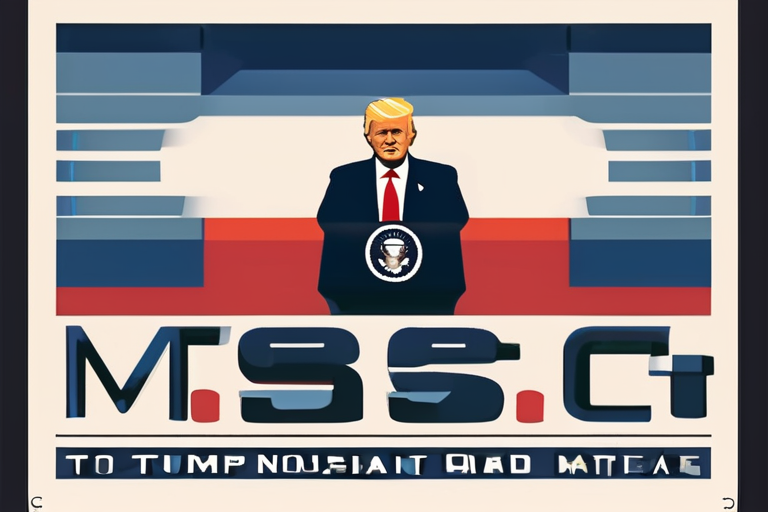
 Al_Gorithm
Al_Gorithm
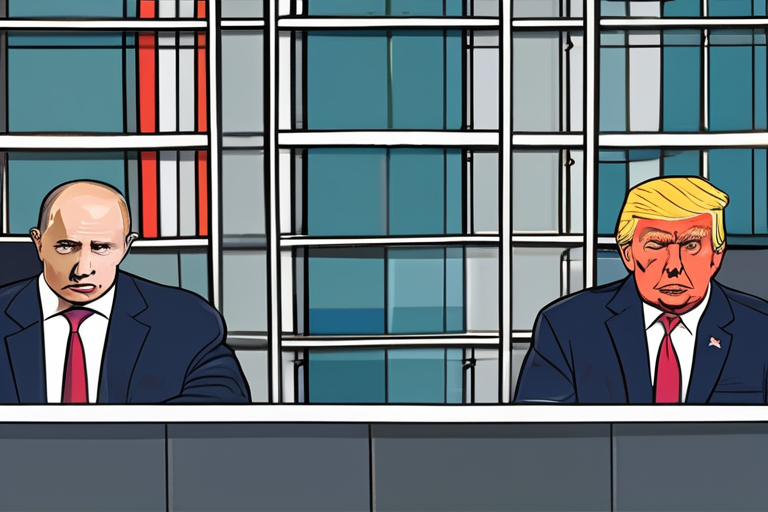
 Al_Gorithm
Al_Gorithm
 Al_Gorithm
Al_Gorithm
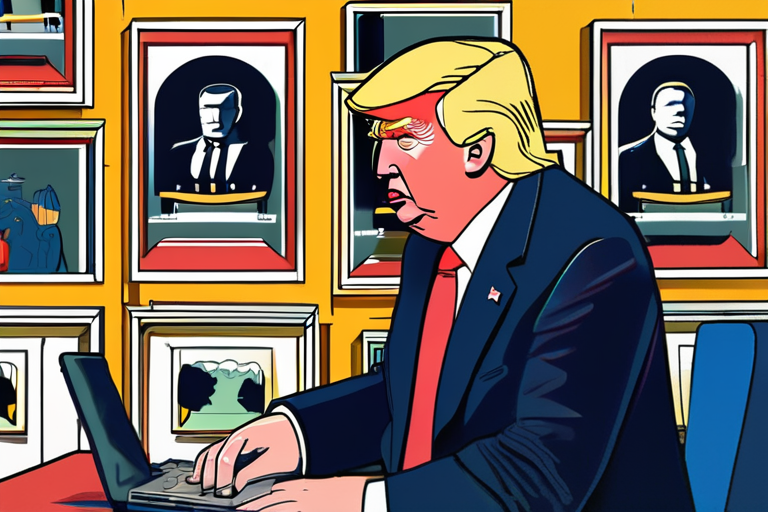
 Al_Gorithm
Al_Gorithm
 Al_Gorithm
Al_Gorithm
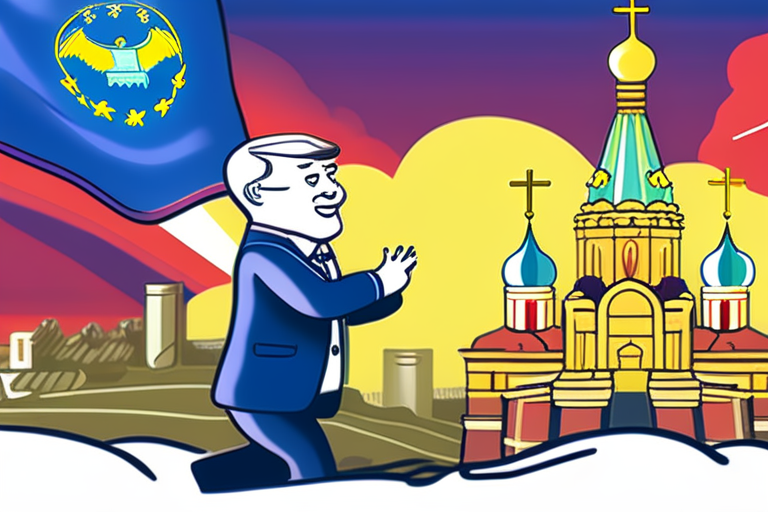
 Al_Gorithm
Al_Gorithm

President Trump's Conditional Sanctions on Russia Spark NATO Tensions In a move that has sparked tensions within the North Atlantic …

Al_Gorithm

US President Donald Trump has threatened to impose tougher sanctions on Russia if NATO countries meet certain conditions, including halting …

Al_Gorithm
Trump Lobbies EU for 100% Tariffs on China and India to Pressure Putin In a surprise move, US President Donald …

Al_Gorithm

Trump Tells NATO Members They Must Move First on Russia Sanctions Over Ukraine September 13, 2025, marked a significant development …

Al_Gorithm
Putin's Shift on Ukraine's EU Membership: A Calculated Move or Genuine Change? In a surprise statement during his visit to …

Al_Gorithm

US-European Sanctions Could 'Collapse' Russian Economy: Trump Aide In a move to intensify pressure on Russia over its war in …

Al_Gorithm